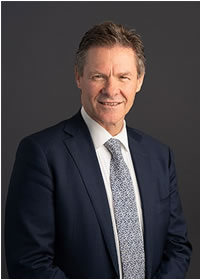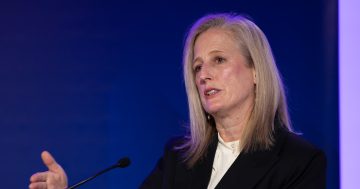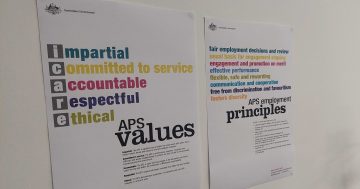 The Australian Public Service Commissioner has identified a range of challenges facing the Australian Public Service (APS) as it attempts to serve a community which is itself experiencing change imposed by advances in technology, inter-connectedness and personal engagement.
The Australian Public Service Commissioner has identified a range of challenges facing the Australian Public Service (APS) as it attempts to serve a community which is itself experiencing change imposed by advances in technology, inter-connectedness and personal engagement.
Speaking at the APSwide conference in Sydney, the Commissioner, Peter Woolcott (pictured) said that collectively the social changes of recent years had “profoundly altered the fabric of our community”.
“As we grapple with these changes to society, the Public Service must also tackle increasingly interconnected, complex policy problems and adapt to new priorities,” Mr Woolcott said.
“The APS, like many institutions in Western Democracies, is under challenge.”
He said that while the recently completed independent review of the APS was likely to propose wide scale changes to the APS, the APS Commission had been making progress itself on a number of areas involving PS culture, capability and mobility.
He said the APS needed a “culture of collaboration” as well as a “high performance culture” that would “develop an APS that is willing to experiment with different ways of working”.
“We are currently working in a much too hierarchical structure with rules that discourage innovation and risk,” Mr Woolcott said.
“Being open and curious, and embedding a culture of continual learning will be important …. along with investing in the capability of our people.”
He said the capabilities required to be an effective public servant were not static.
“We must continuously renew and refresh our ability to provide expert advice on policy and effective services to the public.”
Mr Woolcott also addressed the need for greater mobility of APS staff members.
“Mobility in the public sector is important.” he said.
“The traditional view of mobility within the APS has focused on individuals moving internally and across agency boundaries.
“We are working with other APS agencies, the private sector and State and Territory governments to broaden this view of mobility to include movement to and from the different tiers of government, the private sector and the not for profit sector, with a focus on the end results for citizens, communities and business.”
Mr Woolcott concluded by saying work was under way to deal with the challenges and opportunities ahead: “But there is much still to do as habits and cultures have become engrained.”
The Commissioner’s full speech can be accessed at the APSC website at this PS News link.










